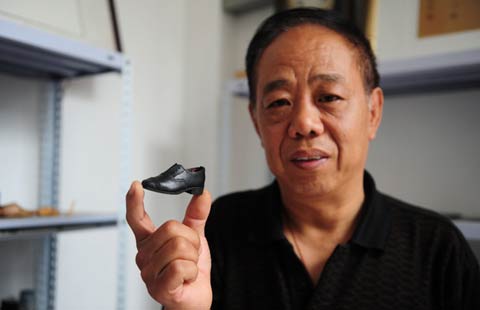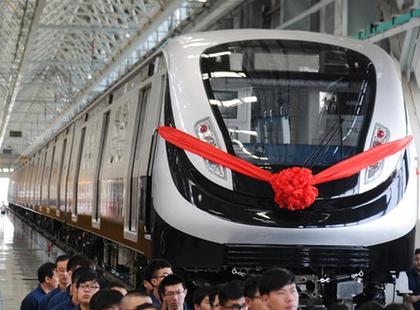Finding green pastures in China
By WU YIYAO in Shanghai (chinadaily.com.cn) Updated: 2015-05-26 16:22Farmers pouring milk down the drain was something that had happened in Europe some years ago. But the European farmers later figured out measures to solve the "oversupply" issues, including improving quality of raw milk, building up a demand information gathering and sharing platform, enhancing cold-chain logistics systems, and applying modern management processes. All of these enabled the sector to move from its original framework of household retailing within the village to the more modern organized landscape, Joosten said.
Demand in the Chinese dairy market is still robust, thanks to steady demand from surging disposable income and growing supplies, thereby enabling companies to cater to diverse requirements. Joosten said that higher disposable income, urbanization and rising middle class would also increase demand for more nutritious diet. At the same time, diversified dining habits will enable more people to purchase milk, butter, cheese, formula milk powders, and other dairy drinks and food. But the real icing is innovation, which will enable the dairy sector to provide more and better choices for consumers, said Joosten.
Q&A
Q: What kind of opportunities do you see for developing business in China?
A: There is no doubt that the potential for growth in China is huge as milk demand has been growing steadily and will continue to rise at a fast pace. We are also encouraged by the fact that Chinese consumers are now exposed to different types of dairy products in their daily diets.
Q: What is FrieslandCampina's main focus in China?
A: Infant formula is the main focus area for us in China as it offers sustained, long-term growth prospects. We have been working with our Chinese partners to improve the taste and nutrition of infant formula products, and we also plan to expand our product portfolio in the future.
Q: What kind of dairy products will drive fast growth in the China market?
A: Infant formula is among our fast-growing niche markets, and what we have been concentrating on in the China market. But as the aging population increases in the country, we anticipate growing demand for nutritious dairy supplements.
Q: How does FrieslandCampina's view the EU's decision to scrap of the abolition of the milk production quotas?
A: We expect the decision to increase global milk output by about 4 percent. FrieslandCampina invested 656 million euros ($721.4 million) to boost productivity last year as part of its efforts to ensure that the company has adequate processing capacity after the EU lifts the cap on milk production quotas.
Q: What do you think is essential to ensure food safety?
A: Recognizing the importance of food safety is the first step, and then implementing it subsequently under a scientific management framework. A supply chain that enables full control over food safety is also crucial for success. We on our part are more than willing to share our experiences with Chinese counterparts and partners to ensure food safety.
- Nuclear power firm plans biggest mainland IPO in 5 years
- Avaya to surf on the innovation wave
- Chinese stocks close at fresh 7-year high
- BASF China chief eyes stronger R&D role
- Reserve ratio or interest rates cuts more likely in June: analysts
- Shoemaker creates amazing miniature leather shoes
- JD.com's eyes on tech start-ups' incubator
- Belt and Road Initiative opportunity for China-EU cooperation

















